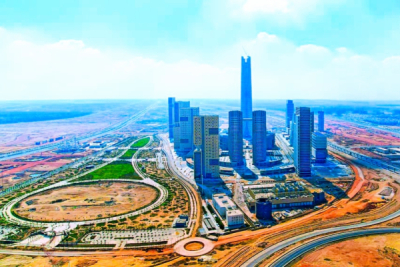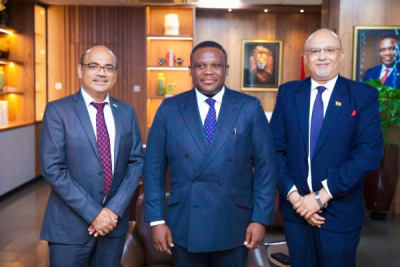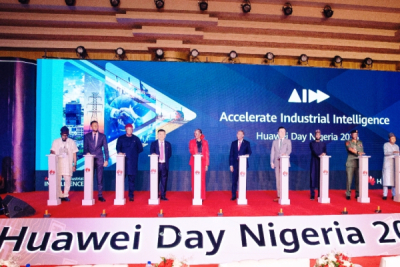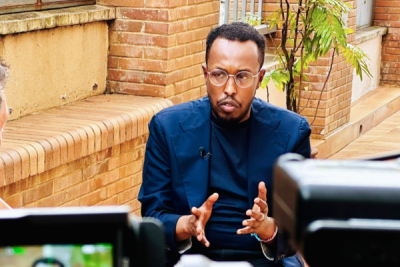• Egypt is investing $59 billion to build a futuristic smart city 45 km east of Cairo as part of its Vision 2030 strategy.
• The city will feature AI, IoT, connected transport, automated public infrastructure, and intelligent surveillance
Egypt is channeling $59 billion into the development of a futuristic smart city, a flagship project under its Vision 2030 strategy. This high-tech megacity, currently under construction 45 kilometers (about 28 miles) east of Cairo, is intended to ease congestion in the capital and establish Egypt as a frontrunner in digital urban planning across Africa.
Conceived as a regional technology hub, the new administrative capital will integrate cutting-edge digital solutions, encompassing artificial intelligence (AI), the Internet of Things (IoT), automated management of public utilities, interconnected transportation networks, and intelligent surveillance systems. The initial phase, requiring an investment of $8.4 billion alone, is largely complete, exceeding 70% progress. Subsequent phases are projected to continue until 2027, with potential adjustments based on economic developments.
This ambitious megaproject aligns with a rapidly expanding global trend. Worldwide, the smart city market is experiencing significant growth. Valued at $1.36 trillion in 2024, it is forecast to reach $3.84 trillion by 2029, demonstrating an average annual growth rate of 23.21%, according to data from Mordor Intelligence.
While Africa currently constitutes a modest portion of this global market, the continent is progressively emerging as a significant player. Countries such as Egypt, Morocco, Rwanda, Nigeria, Kenya, and South Africa are prioritizing smart urban initiatives to tackle urban population growth, governance challenges, transportation issues, and sustainability imperatives.
In Egypt's case, this smart city is designed to accommodate 6.5 million residents. It will house key government functions, including headquarters and ministries, foreign embassies, and centers for digital innovation. Buildings throughout the city will be equipped with smart sensors to optimize energy and water consumption, enhance security, and manage mobility efficiently.
Despite criticism concerning investment priorities in a nation grappling with high inflation and increasing public debt, Egyptian authorities maintain a long-term perspective. They are banking on the project's potential to generate economic benefits, create skilled employment opportunities, and drive the digital transformation of government administration as catalysts for sustainable progress.
Samira Njoya



















